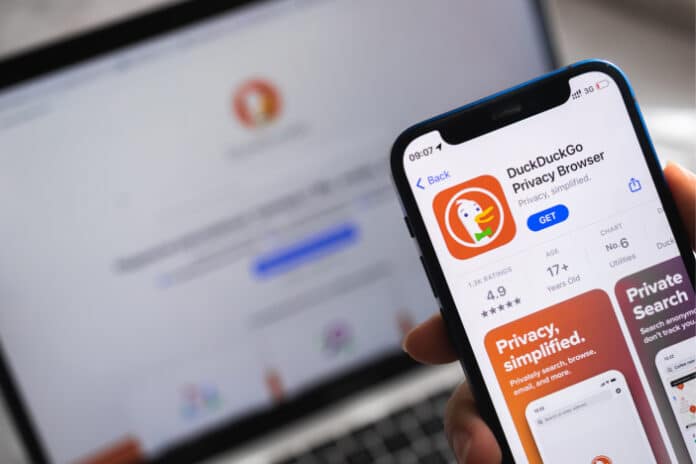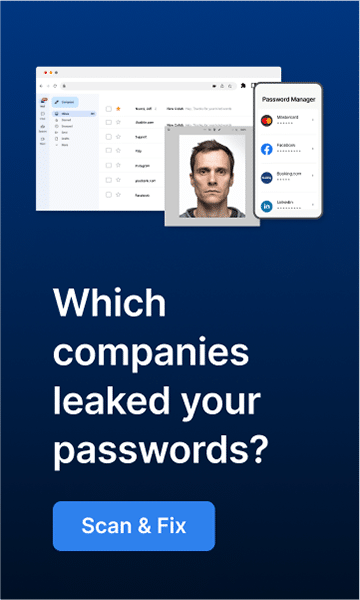People have always been concerned about their privacy, and with good reason. The advent of the internet has made it easier than ever for companies to track our every move. While there are a number of ways to protect your privacy online, your browser is one of the most important tools at your disposal. In this article, we will discuss the 5 best browsers for privacy and why it is so important to protect your data.
There are several browsers on the market that meet various demands. Some are optimized for performance, while others prioritize security. When it comes to privacy, not all browsers are made equal. The following are the top five browsers for privacy:
● Brave: Brave is a relatively new browser that focuses on privacy and security. One of the finest features of Brave is its built-in ad blocker, which not only hides annoying advertisements but also prevents companies from tracking your online activity. Furthermore, by default, Brave encrypts your traffic, making it more difficult for ISPs and other third parties to snoop on your browsing habits.
● Firefox: Firefox is a well-known browser that has long prioritized user privacy. By default, Firefox includes an ad blocker and barriers to third-party cookies. Furthermore, Firefox comes with a built-in ad blocker and blocks third-party cookies by default. Firefox also includes a number of privacy-related extensions to protect your data further.
● Opera: Opera is another browser that has long been recognized for its emphasis on security and privacy. Opera, like Brave and Firefox, comes with a built-in ad blocker and blocks third-party cookies by default. Furthermore, Opera encrypts your traffic by default and includes a variety of additional security features, such as a VPN service and malware protection.
● Tor Browser: Tor Browser is based on the open-source project Tor, which is designed to protect your anonymity online. When you use Tor Browser, your traffic is routed through a number of different servers in order to obfuscate your identity. In addition, Tor Browser blocks third-party cookies and encrypts your traffic by default.
● Vivaldi: Vivaldi is a relatively new browser that has been designed with privacy in mind. Like the other browsers on this list, Vivaldi comes with a built-in ad blocker and also blocks third-party cookies. In addition, Vivaldi offers a number of other privacy-related features, such as encryption and tracker blocking.
Aside from Tor, the privacy features of all of these browsers are great. However, none are entirely free of flaws. Even the most privacy-conscious browser can be broken if you don’t use it correctly. Always check to see what data your browser collects before using it, and only install extensions from reputable sources. In addition, always utilize a virtual private network when feasible to further secure your information.
Why is it important to protect your data?
Data privacy is crucial for a variety of reasons. To begin, it’s critical to keep your personal information away from businesses and other third parties who might gain access to it without your consent. Furthermore, data privacy can assist you in avoiding identity theft and various kinds of fraud. Finally, data privacy is essential for preserving your civil liberties. You may be confident that your personal information will not be gathered and utilized without your knowledge or consent when you use a browser that values your privacy.
Privacy is essential because it allows us to keep our personal information secure from hackers, corporations, and other bad actors. We can help to safeguard our data by using a browser that emphasizes privacy. So, if you’re concerned about your online privacy, pick one of the browsers on this list.

